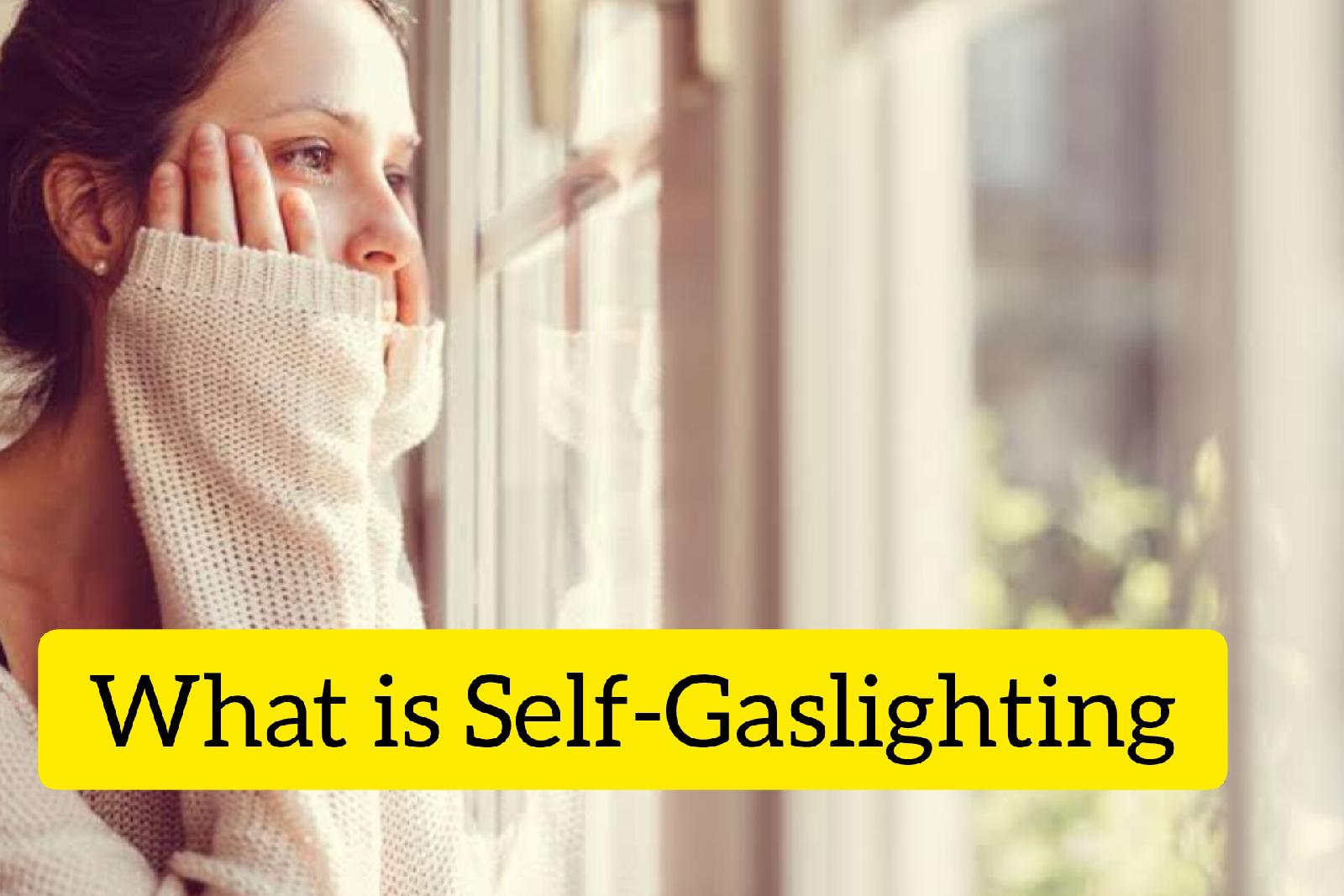Gaslighting is commonly associated with manipulation by others, often in interpersonal relationships, where one person undermines another's perception of reality. However, self-gaslighting refers to the internal process of doubting and invalidating one's own experiences, emotions, and thoughts. This phenomenon stems from a combination of internalized societal messages, trauma, and personal insecurities, making it a silent but pervasive form of self-sabotage.
This article explores the definition, causes, symptoms, and methods for overcoming self-gaslighting, aiming to shed light on a concept that is both deeply personal and widely misunderstood.
What Is Self-Gaslighting?
Self-gaslighting occurs when individuals unconsciously question or invalidate their own feelings, memories, or perceptions. For example, a person might tell themselves:
“I’m just being too sensitive.”
“It wasn’t that bad; I’m overreacting.”
“I can’t trust my memory of that event.”
This mental pattern mimics external gaslighting but originates internally. Instead of someone else dismissing or invalidating your reality, you do it to yourself.
Causes of Self-Gaslighting
1. Internalized Trauma
People who have experienced gaslighting from others—whether in relationships, family dynamics, or workplaces—may internalize the behavior, leading to self-doubt. Trauma survivors often struggle to trust their own judgment, fearing it may be flawed.
2. Cultural and Societal Norms
Societal messages often discourage emotional expression. Phrases like “Don’t be so emotional” or “Keep your feelings in check” teach individuals to dismiss their feelings as unimportant or exaggerated.
3. Low Self-Esteem
When self-worth is compromised, individuals may believe their thoughts and feelings are inherently invalid, leading to self-gaslighting as a coping mechanism
4. Chronic Criticism
Repeated exposure to criticism in childhood or adulthood can lead individuals to question their instincts and perspectives. Over time, this becomes an automatic mental habit.
Signs and Symptoms
Recognizing self-gaslighting is the first step toward breaking the cycle. Here are some common signs:
Dismissing Emotions: You often label your feelings as “irrational” or “over-the-top.”
Overanalyzing Mistakes: A tendency to over-apologize or obsessively question your actions.
Second-Guessing Decisions: Constantly doubting your choices or requiring external validation.
Rewriting Memories: You convince yourself that past events were less significant or that you’re misremembering them.
Perfectionism: A belief that nothing you do is ever good enough, leading to self-criticism.
Consequences of Self-Gaslighting
Self-gaslighting can have far-reaching psychological and emotional effects, including:
1. Anxiety and Depression
Continual self-doubt fosters feelings of helplessness and low mood.
2. Damaged Relationships
Difficulty trusting yourself can make it harder to trust others, leading to strained relationships.
3. Stunted Personal Growth
When individuals invalidate their potential, they may avoid risks, leading to missed opportunities.
4. Loss of Authenticity
Persistent self-gaslighting can disconnect individuals from their true selves, leaving them unsure of their needs and desires.
Overcoming Self-Gaslighting
1. Develop Self-Awareness
Pay attention to your inner dialogue. Notice when you’re invalidating yourself and ask, “Would I say this to a friend?”
2. Practice Self-Compassion
Replace negative self-talk with affirmations like, “My feelings are valid” or “It’s okay to make mistakes.”
3. Seek Professional Support
Therapists can help identify patterns of self-gaslighting and provide tools to rebuild trust in your inner voice.
4. Challenge Societal Messages
Question cultural norms that discourage emotional expression or self-acceptance. Surround yourself with people who validate and respect your feelings.
5. Mindfulness and Journaling
Mindfulness practices can help ground you in the present, while journaling allows you to process and validate your emotions without judgment.
Conclusion
Self-gaslighting, though often overlooked, is a subtle yet destructive force that erodes self-trust and authenticity. By recognizing its signs, understanding its roots, and implementing strategies to overcome it, individuals can reclaim their sense of self-worth and build healthier relationships with their inner voice.
Breaking the cycle of self-gaslighting requires time, patience, and support, but it is an essential step toward embracing one’s true self.
Suggested Follow-Ups
Write about "Self-Compassion Exercises for Emotional Healing"
Explore "Gaslighting vs. Self-Gaslighting: Key Differences"
Develop a "Guide to Rebuilding Self-Trust After Trauma"






















.jpg)



No comments:
Post a Comment